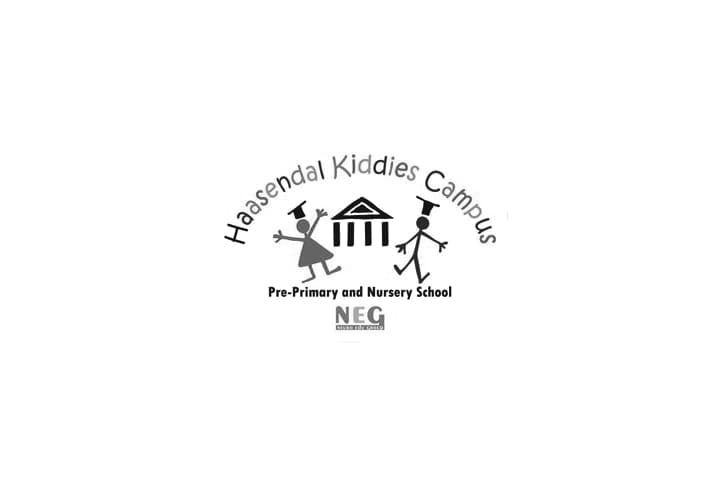Let’s Play!
Research has shown that children learn through play. It stimulates their language development, and they can benefit from both free (unstructured) and guided play.
Let us explore a few of these types of play and the benefits that come along with these activities.
High on the list we have Social play. It is crucial for social and personality development. There are various ways in which children can engage in social play. Any game that promotes interaction is effective. Remember playing “follow the leader” or “hide and go seek”, these games are wonderful for encouraging interaction. Children learn social rules as well, such as taking turns, sharing and cooperation. They also need varied opportunities to develop their reasoning, problem solving and communication skills. “Treasure hunt” is a great game in developing these skills.
Next we have the all time favourite Pretend play; also known as imaginative play. Pretend play encourages language development, abstract thought and creative thinking. It is strongly linked to the integration of emotional, social and cognitive skills. Provide your child with a space in your home for imaginative play. Dress ups are irresistible to young children to spark the imagination. Consider creating a props box filled with toys, objects and props to encourage your child’s fantasy world. The activities and games are endless.
Interestingly enough, Albert Einstein once said: “Imagination is more important than knowledge generally. For knowledge is limited to all we now know and understand, while imagination embraces the entire world, and all there ever will be to know and understand.”
Moving along, we now look at Guided play. This type of play, it is in actual fact, child – directed. While we may initiate the play sequence and are responsible for the learning goals, the child still guides their own discovery. We can enhance their exploration and learning, by commenting on their discoveries, co-playing and asking open-ended questions about their findings. Guided play offers several benefits. Their development and learning abilities are enhanced. They learn about teamwork, cooperation and following directions.
Last, but not least there is Free play. Contrary to guided play, free play is child initiated. It is spontaneous, it lets them use their imagination and move at their own pace. Free play provides opportunities for children to discover their interest and skills. Also, it develops social skills and collaborative play skills. It assists children to learn to think independently and teaches them to entertain themselves.
Finally, regardless of the type or form, play optimizes your child’s development in so many areas. It is through play that children at a very early age engage, and interact in the world around them. Play is such a cherished part of childhood, which no child should miss out on.
Till next time.






